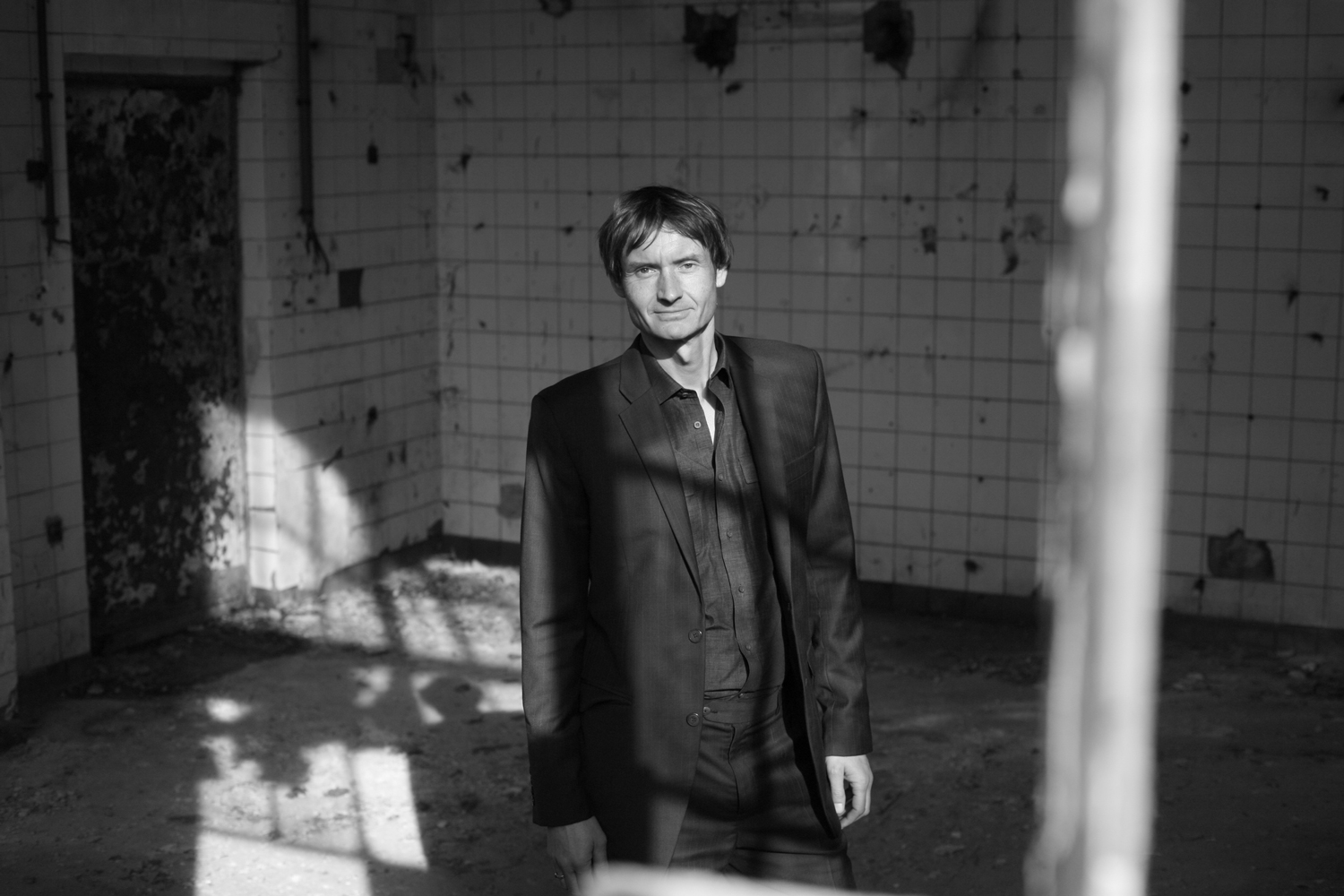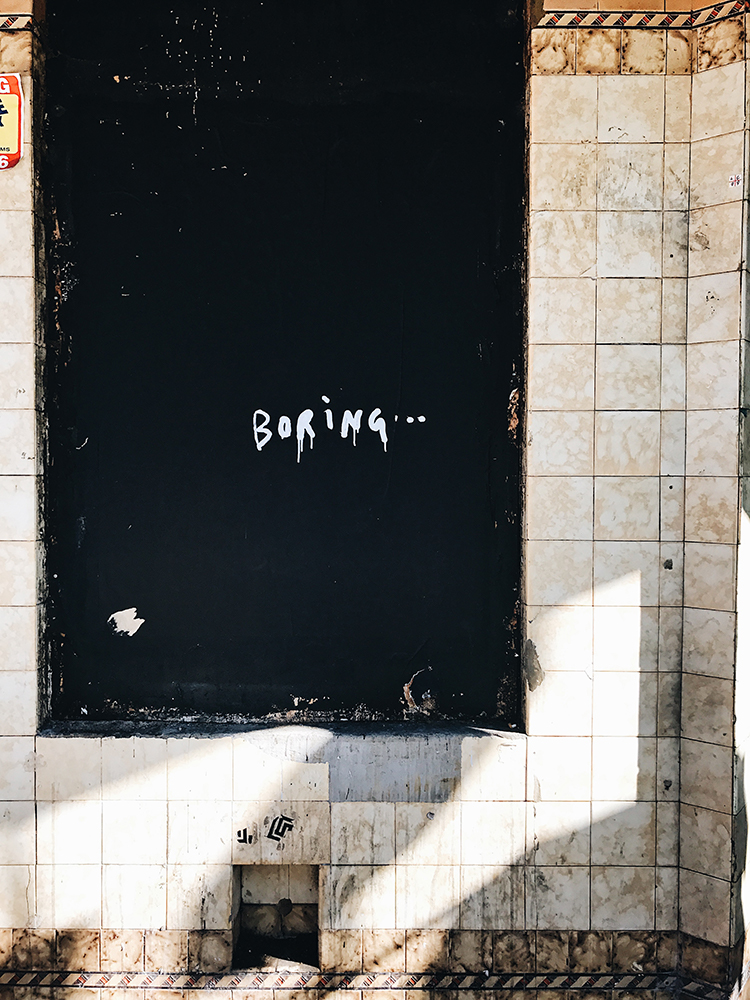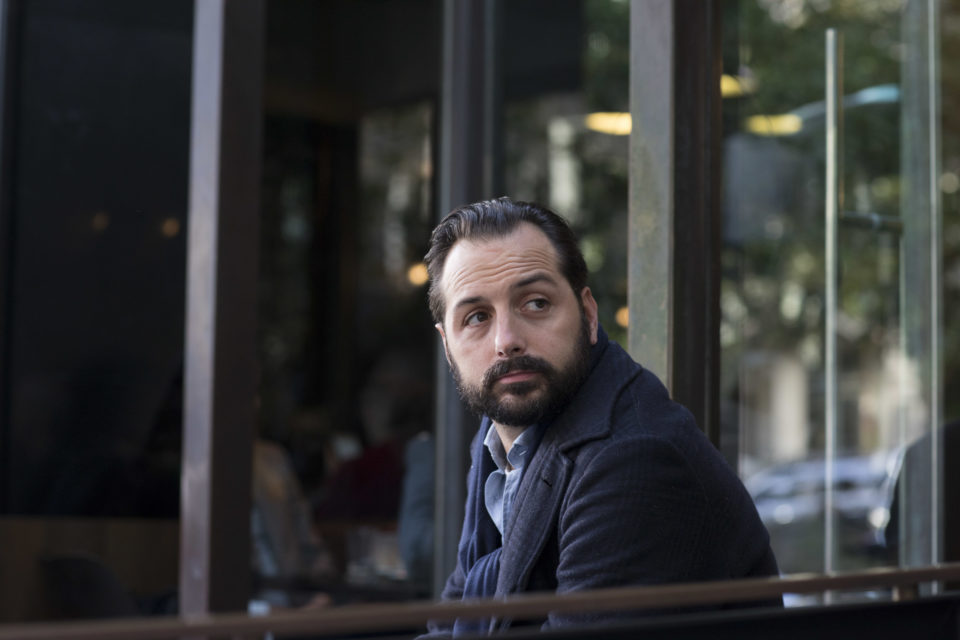Norman Ohler
In Blitzed: Drugs in Nazi Germany, historian and author Norman Ohler notes when the German army began invading Poland. Medical officers reported: “Everyone fresh and cheerful, excellent discipline. Slight euphoria and increased thirst for action. Mental encouragement, very stimulated. No accidents. Long-lasting effect. After taking four tablets, double vision and seeing colors.” They were referring to Pervitin, a refined form of methamphetamine. From Hitler on down, the Nazi war machine would be driven by a vast culture of addiction. One reason opposing armies were so overwhelmed: those Nazis never stopped to sleep. Ohler’s book is startling take on the Third Reich and its ‘High Hitler’ state of mind. – MM

Blitzed: Drugs in Nazi Germany. By Norman Ohler
Tara June Winch
Rarely can we recall the title of a chapter as we do the name of a book. But I’ve never forgotten Chapter 14 – Just Dust – in Tara June Winch’s 2006 breakout novel Swallow the Air about an Aboriginal girl whose mum commits suicide. Those two words – .Just.Dust. – knotted together, followed me from my high school English classroom to my own mother’s gravesite a few years later; they helped me make sense of how someone can just misplace another human being forever.
There’s a beautiful brutalism to Winch’s prose; it’s her trademark, her calling card. She embraces that gross sort of honest realism, typically taboo for authors trying to create ‘elegant writing’. She makes everyday of the foreign – generational displacement, racism, abuse – by describing suffering with childlike naivety. In Swallow she writes of an overdosing Junkie: “her clothes fell from her as though shedding themselves in the heat. She was wilting in a puddle of peach-tiled water…”
That’s how you know you’ve had a brush with Winch’s work. You do as her protagonist in Swallow: “… you begin to see someone’s broken heart instead of someone’s bruised beings… you begin to see love than hate, that real sort of love, the sort that’s desperate and always fighting.”
Ten years on from Swallow the Air, Winch has returned with a collection of short stories: After the Carnage, published at the end of 2016. Her favoured themes of exclusion and dysfunction play with different characters in inner-west kitchens and and the local RSL. Winch has moved on from exploring the dichotomous nature of heritage – a source of identity and the intergenerational transmission of abuse – to tackle the dichotomous nature of memory – a comfort and an attack. An indigenous boy, abandoned at age 12, returns home to his mother for the first time since high school, mourning: “I could lick a brass key and all of my childhood would return”. A man wakes up in a hospital corridor after an explosion and tugs on images from his past as he forages his way through the present carnage: “That was the sound at the restaurant, the sound of the car going into the pool – it was just like the sound of propane bombs on the cherry farm to scare the birds, birds hungry for ripe May cherries.” – Justine Landis-Hanley
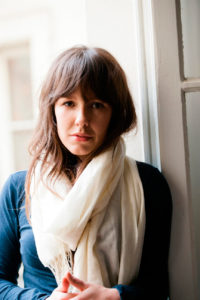
Tara June Winch
James Bradley
Since his gothic historical novel The Resurrectionist it has become very apparent climate change and the future are actually James Bradley’s main game. His move into teenage sci-fi with his latest book, The Silent Invasion – the story of two sisters in an environment changing so radically it becomes alien – grew out of adult themes he explored in Clade. But there’s an increasing urgency and vision to Bradley’s work, a value in what his novels might mean to tomorrow, that is as inspiring as it is committed. As he suggested in a recent essay for The Guardian entitled ‘Why I decided to write a novel for teenagers about catastrophic climate change?’, we need to spread the message of environmental “interconnectedness”. And, for all our very good reasons to be more than deeply worried by what is happening to our world, “resist the seductions of despair”. If that’s a battle we can’t face, it’s one Bradley knows our children must. As always with great science fiction, Bradley understands – with both his writing and his audience – that the future is right here, right now. – MM
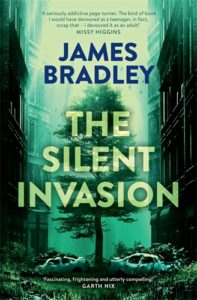
The Silent Invasion by James Bradley
Joy Williams
Like killers and geniuses, Joy Williams’ short stories hide in plain sight; New Yorker critic James Wood put it best by calling them “easy to follow, but hard to fathom”. Many detail everyday scenarios: life in a rehab clinic; a wedding; a wake. But where other writers let their drama do the talking, Williams zeroes in on vivid, telling detail, always from some canted angle, knowing life is seldom lived perfectly framed.
Consider the unease evoked by this resourceful passage from her story ‘The Yard Boy’ as, from her kitchen, a wealthy woman watches the title character struggle with an oleander in her garden: “Behind the glass, Mrs. Wilson understands the difficulty. Behind Mrs. Wilson’s teeth is a tongue that tastes of bourbon.” It’s not the detail of the tongue, or what it represents, so much as the strange fact of its being situated that unsettles. While we’re at it, here is her brilliant description of the preacher from ‘Taking Care.’ It’s the story’s third sentence and, in nine words, conveys not just a man, but his whole life: “Jones’s love is much too apparent and arouses neglect.”
Williams’ fiction is full of resonant voids, both narrative in nature and psychological; no writer better understands the presence of absence. Or that other people aren’t hell—they’re Mars. – Gerard Elson
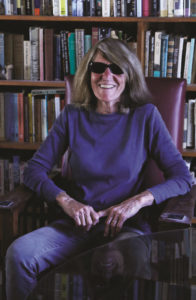
Joy Williams
Kim Mahood
Few White Australians have the same access and experience of the Tanami Desert and its people than artist and author, Kim Mahood. Her early childhood was spent on her father’s cattle station in the Tanami, Mongrel Downs. For years now she has annually travelled from her base in the ACT to the community of Mulan, near Lake Gregory, where she works with the Walmajarri people on a range of artistic projects, often centred around her own artistic speciality, the making of maps.
As a kartiya, the name given to white people who to provide government services such as healthcare and schooling in these communities, Mahood is aware the locals view her as a resource to be exploited. However, because she was given a skin name as a child, Mahood has been able to also find a deeper place in the complex system of local relationships.
Meeting her at the 2017 Newcastle Writer’s Festival, she came across as someone who knew how to inhabit her own skin. Definitely no bullshit, she’s a crisp mind whose direct experiences unapologetically challenge conventional beliefs.
The title of her second and latest memoir, Position Doubtful, refers to the markings of places on her father’s maps of the Lake Gregory area. It also symbolises Mahood’s straddling of the two cultures in her own life, a generative tension that has produced a superb book. Her descriptions of the landscape make you want to pack your bags and find out for yourself:
You can stand on the rotting sandstone rim of the Balgo Pound and feel the gut lurch of falling through time as well as through space. … This eroding plateau, high above the lacy grasses and ironstone gravels of the pound floor, was a seabed once. On days of blue distance, looking south, the remnant peaks and mesas resemble the waves of a turbulent sea.
The cultural picture that emerges is also rich and full of surprises. Mahood is unsentimental about life in the desert, while cognisant of the challenges Desert Aborigines face, especially to preserve their culture. As to the question of apology, Mahood says she doesn’t feel sorry. In Position Doubtful the Aboriginal People aren’t victims. Rather, they’re vibrant, full of agency and in her words, “with a strong eye for the main chance.” – Ed Wright
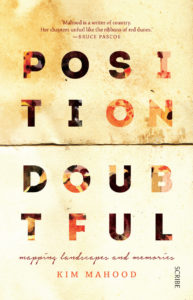
Kim Mahood, Position Doubtful
Elaine Welteroth
Elaine Welteroth is that friend of yours who always, for lack of a better word, seems able to ‘wing-it’; that one who embraces the uncertain with envied grace, and success you could bet on.
It’s difficult to pin down a name for characters like Welteroth the same way it’s difficult simply to pin them down; though ‘juggernaut’ probably comes close. Welteroth’s CV since entering the media industry 10 years ago reads like that of someone twice her senior. Within a year, she jumped from intern to beauty and style Editor at Ebony magazine, before joining Cande Nast in the same role at Glamour in 2011, and Teen Vogue in 2012. Within three years, the now 30-year-old became the editor of Teen Vogue. Last month, she was named Editor-in-Chief. To those of us trying to make it in the industry, it’s hard to tell whether Welteroth’s rapid evolution offers hope or tells us to ‘go home now and stop trying, there are people like her out there’.
Under her leadership, Teen Vogue has risen to new heights in both concept and readership: it has moved from 10 issues per year into a more substantial quarterly journal, built up a Youtube Channel with over half a million subscribers, and a website publishing between 50 and 70 stories daily to hundreds of thousands of readers.
But the publication, fatigued by its teen-girl mag stereotype, has gained new relevance as one of today’s most informed and thoughtful sources of political commentary. With articles like ‘If You Think Lady Gaga’s Super Bowl Performance Wasn’t Political You Missed The Point’, ‘Netflix Stars Open Up About Representation And Strong Female Leads’, and the widely-acclaimed ‘How Trump is Gaslighting America’, Welteroth has rebranded Teen Vogue as a sort of pop-revolutionary title that mixes nail polish and winter wardrobe suggestions with stories on cultural appropriation, reproductive rights, and gender identity.
To merely suggest Welteroth’s success can be blamed on luck isn’t just an insult, it’s incorrect. Teen Vogue’s rebellion against America’s declining political state was foreshadowed by Welteroth’s own rebellion in her early years working for the publication. She penned pieces as Beauty and Health editor about embracing curly hair (she herself dons a ‘fro with its own fan-base) and looked beyond the plastic to find the human in her interviews (on Bella Hadid: “she exudes a genuine kindness that, frankly, society says girls this pretty need not possess”).
It seems fair to say that the same notion of ‘Hope’ that attached itself to Obama follows Weltoroth around too. The fact she’s the second African-American woman to ever become editor of a Conde Nast title is inspiring in itself. But we are living in an age where political dissidence is thrown into question with ‘alternative facts’ and ‘fake news’, and the Western world’s most powerful leader is a proven sexist. A publication that respects teenage girls can love fashion and politics, and treats them as intellectual equals, offers a point of refuge for their generation, and hope for our future. – Justine Landis-Hanley

Elaine Welteroth. Photography by Anna Ottum
For full details visit the Sydney Writers’ Festival website.



